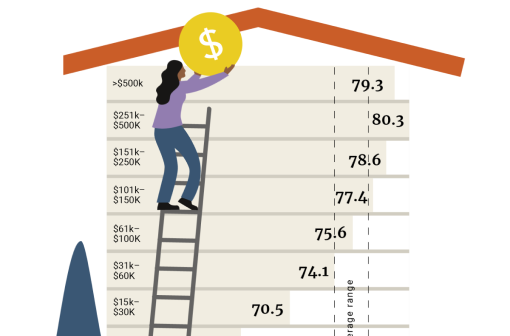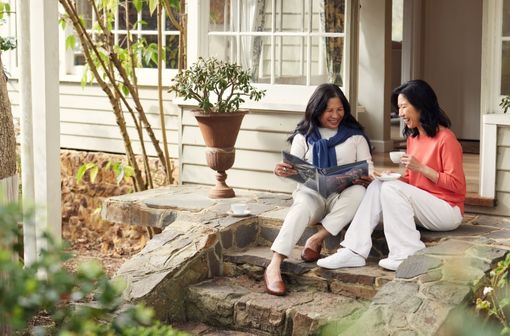“People who live in regional and remote areas often benefit from a strong sense of community and connectedness.”—Ken Markwell, Executive General Manager of Indigenous Services at Australian Unity.
Key points
- People who live in regional and rural areas enjoy a higher sense of wellbeing than city dwellers.
- Living outside major cities can have downsides, such as lack of easy access to health services.
- People in regional areas reported feeling more secure when it came to their personal safety.
There’s more to the “city versus country” debate than weighing your proximity to cafes and bars against the serenity of life near the bush or sea.
Australian Unity Wellbeing Index data shows that regional and rural locations consistently trump urban alternatives in the wellbeing stakes.
In fact, throughout Australia, people who live in regional and rural areas enjoy a higher sense of wellbeing than city dwellers.

“I’m not surprised by the findings as I think a sense of belonging is absolutely key,” says Ken Markwell, the Executive General Manager of Indigenous Services at Australian Unity.
“People who live in regional and remote areas often benefit from a strong sense of community and connectedness. There are also usually sporting clubs, service clubs or community groups that bind people together in those locations.
“People in rural locations often have family living close, too, which can help strengthen that sense of community and belonging.”
Ken admits that remote living is not without its challenges. A lack of amenities and the long distances needed to access health services can often become an issue.
But these downsides don’t appear to cancel out the benefits.
While Australian Unity Wellbeing Index research found satisfaction with health to be lower in regional and rural areas than in cities, satisfaction with relationships, achieving in life and future security were higher.
Still weighing up city versus country life?
Our research found a difference in two key areas: safety and community.
People in regional areas reported feeling more secure when it came to their personal safety (up three points); meanwhile, satisfaction with community connectedness was five points higher than for those living in urban environments.
“In a small town, people rally around each other,” explains Ken.
“In rural or remote areas, people share the good and bad times together, whether it be drought, flood or someone passing away.”
Country life might not be for everyone, but one thing remains clear: feeling connected wherever you live is crucial to wellbeing.








